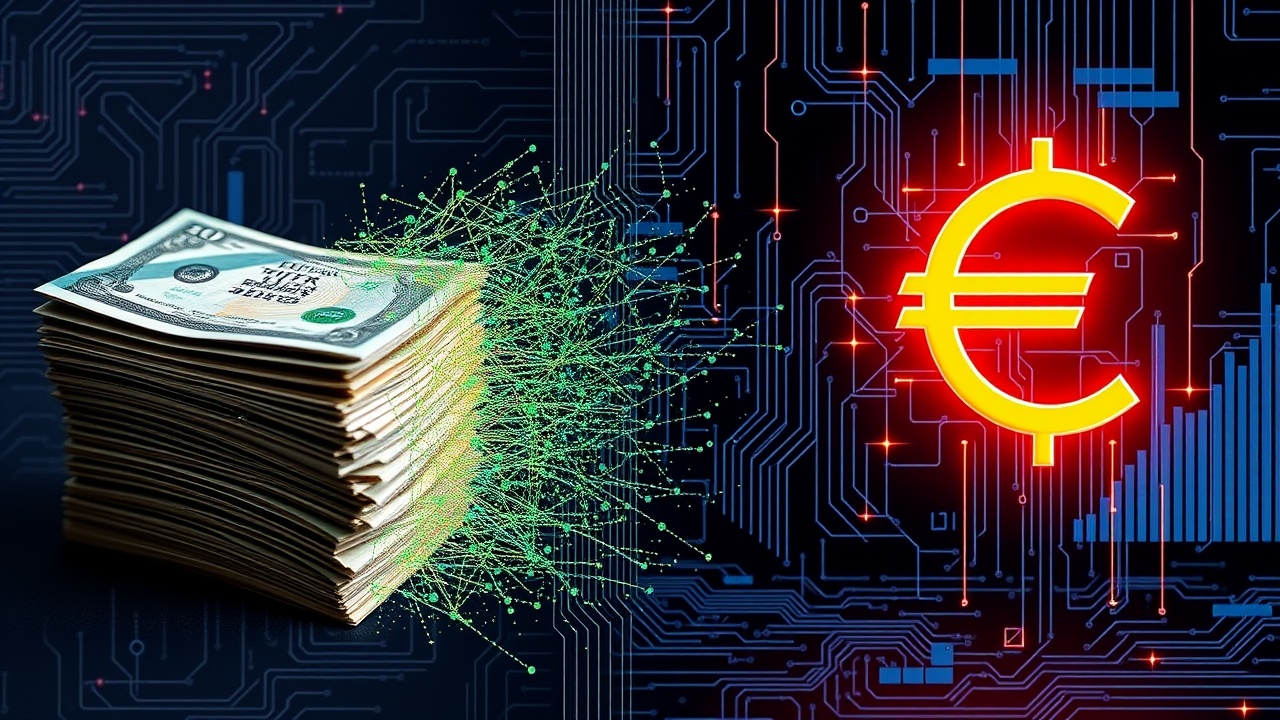Introduction to the Digital Euro
As digital payment methods continue to dominate daily transactions across Europe, the European Central Bank (ECB) is suggesting the introduction of a digital euro to safeguard public financing.
Concerns Over Cash
During a recent address at the France Payments Forum, ECB executive board member Piero Cipollone emphasized that traditional cash is becoming inadequate in today’s digital landscape. He remarked:
“In this age of technology, relying solely on cash is insufficient.”
Cipollone pointed out a noticeable decline in cash transactions as consumers increasingly gravitate towards private digital payment solutions. While these private options offer great convenience, he cautioned that they fail to fulfill various public interest needs.
Empowering Consumers with a Digital Euro
A digital euro, he argued, would empower consumers by providing an alternative that reduces their reliance on dominant private providers. The ECB has been vocal about the potential benefits of introducing a digital euro, asserting that it might fortify the monetary independence of Europe.
Monetary Authority and Public Interest
In late April, a high-ranking French central banker expressed concerns that American policies related to stablecoins could jeopardize Europe’s monetary authority if a digital euro is not established.
Privacy and User Control
Cipollone clarified that this new digital currency would not aim to supplant the use of cash, but rather enhance it, ensuring that central bank-issued money retains its significance in a digital-first economy. He also emphasized the importance of privacy in transactions involving the digital euro, asserting that it would not be “programmable money” and that the ECB would not impose restrictions on how individuals can utilize it.
Future of the Digital Euro
Though plans for a digital euro are still in development, the ECB is hopeful that it could be made available to the public universally and at all times. However, the timeline for its official rollout remains uncertain.




